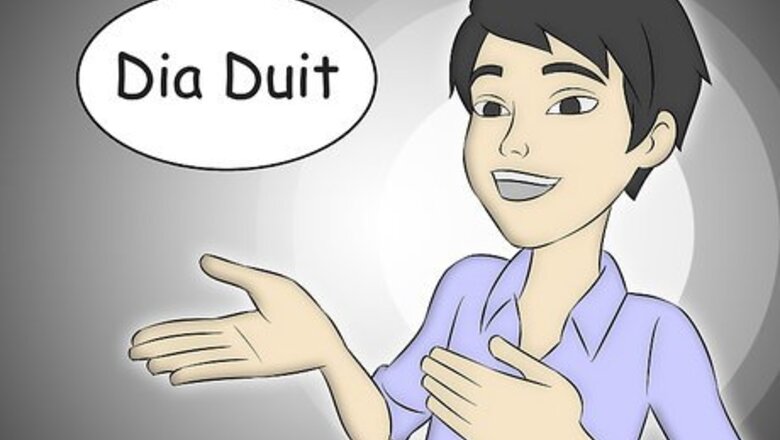
views
Hello: Dia Duit (dee-ya-gwitch)
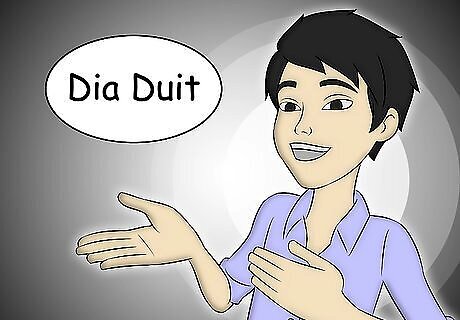
Dia Duit it literally means God be with you. Whoever says Dia Duit first, the other person answers "Dia's Muire Duit" (dee-yass murra gwitch), which means God and Mary be with you, or 'Dia is Muire is Seosamh duit' (dee-ya iss murra is showsive gwitch) God, Mary and Joseph be with you. It's from a more religious time really
How are you: Conas atá tú?
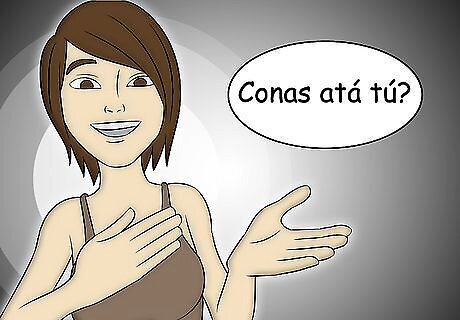
Conas atá tú is pronounced Cunnis taw too.
I am... : Tá mé...
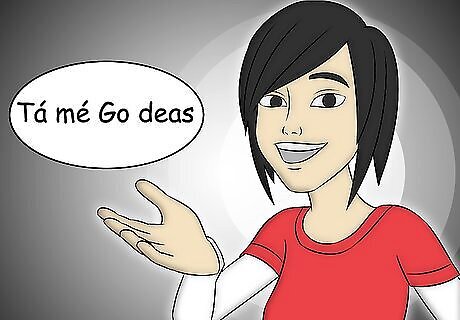
You must reply "Tá mé..." When you get asked "Conas atá tú." Then there are different words you could put in after Tá mé: Go maith (good) (Gu ma) Go deas (great) (Gu dass) Go brón (sad) (Gu brone) Tá sceitimíní orm (excited) (Tah skettimeeni uram) "Tá mé go maith" (fine) (Tah may go mahth) "Tá mé beo ar éigean" (not so good) (Ta may be-or reagan)
Thank you: Go raibh maith agat
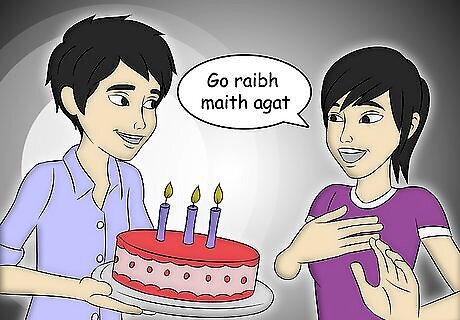
Say "go raibh maith agat" if someone hands you a gift. It means thank you and is pronounced gu-revv-ma-agut.
Here you go: Seo leat
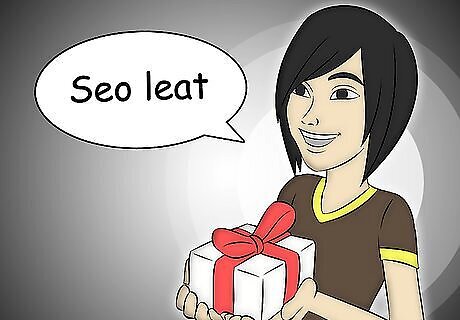
Say "seo leat" when you hand somebody a gift. It means: "here you go" and it is pronounced - shu latt.
You're welcome: Tá fáilte romhat
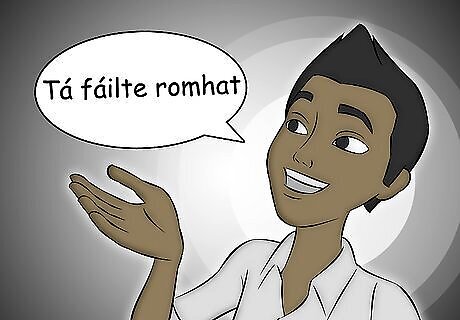
Say "tá fáilte romhat" if someone thanks you for something. It's pronounced as "Taw fawlchta rowt" and means "you're welcome."
Goodbye: Sián agat
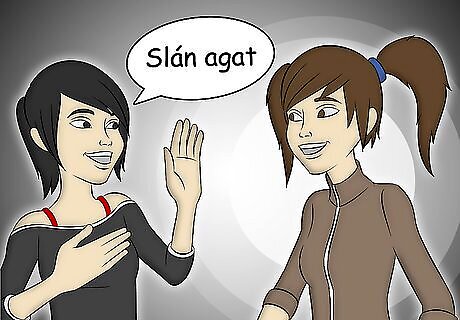
Say "sián agat" when you're leaving. The person remaining says, "Slán leat," which also means goodbye.
Please: Más é do thoil é
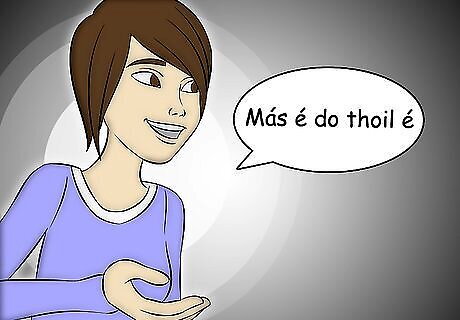
Más é do thoil é is pronounced as "mawsh ay du hull ay."
Excuse me/pardon: Gabh mo leithscéal
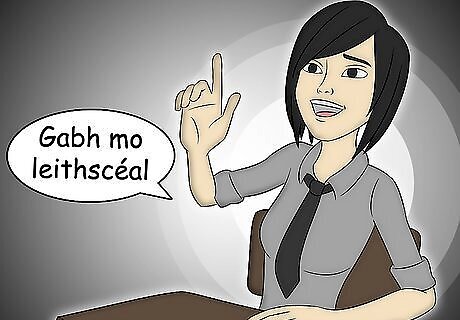
Gabh mo leithscéal is pronounced "Gohv moh lesh kale." It means excuse me, or pardon.
I don't speak Irish: Níl Gaeilge agam
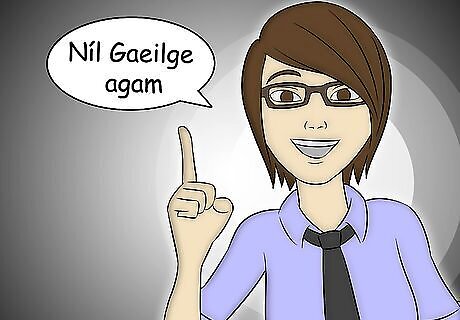
Say "Níl Gaeilge agam" (Kneel gwail ga ugum) if you don't know what someone's saying. You can also say "Ní Thuigim" (Knee Higim), which means: "I don't understand."
















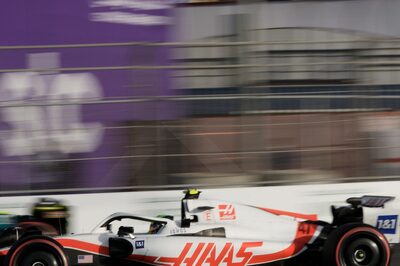
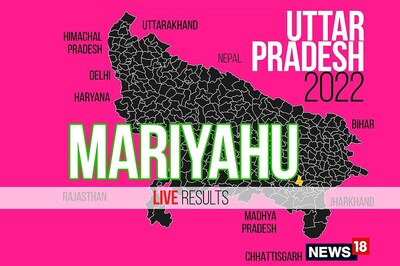
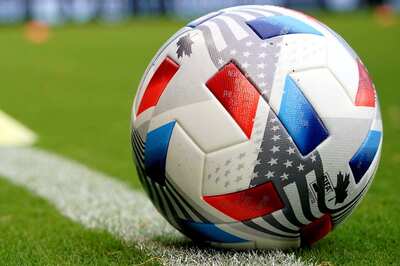

Comments
0 comment